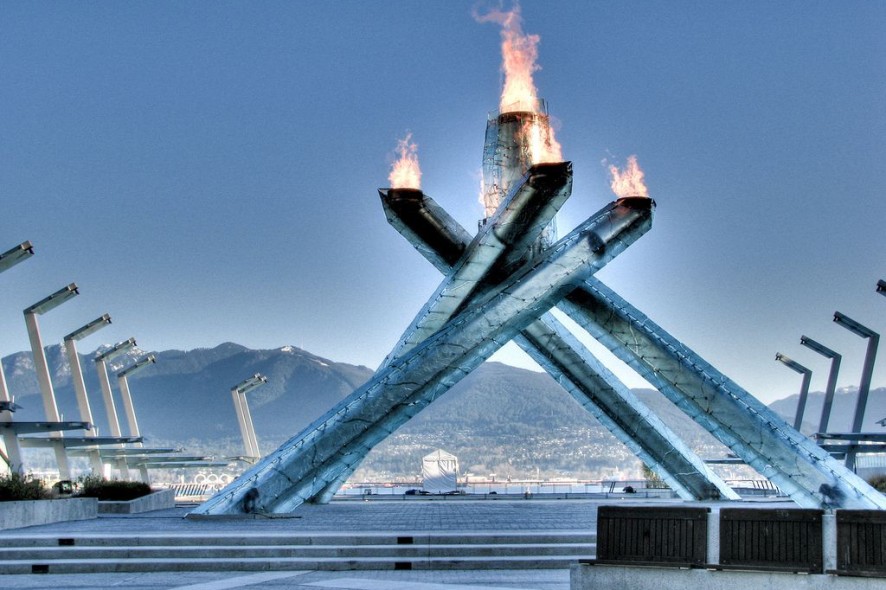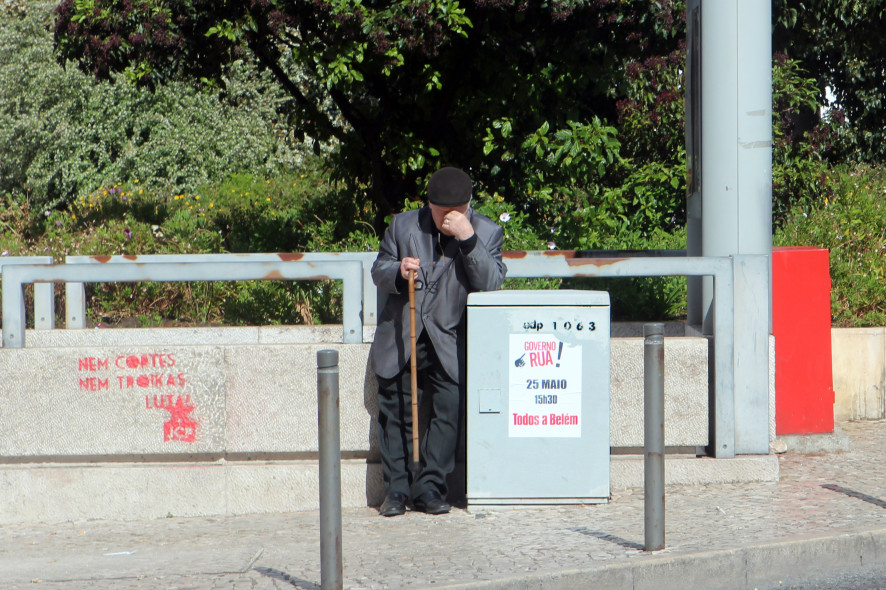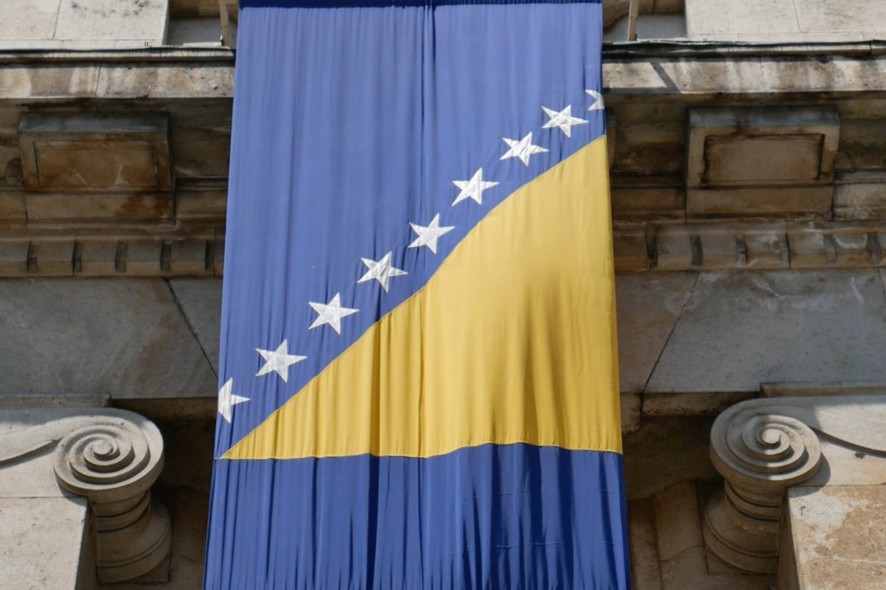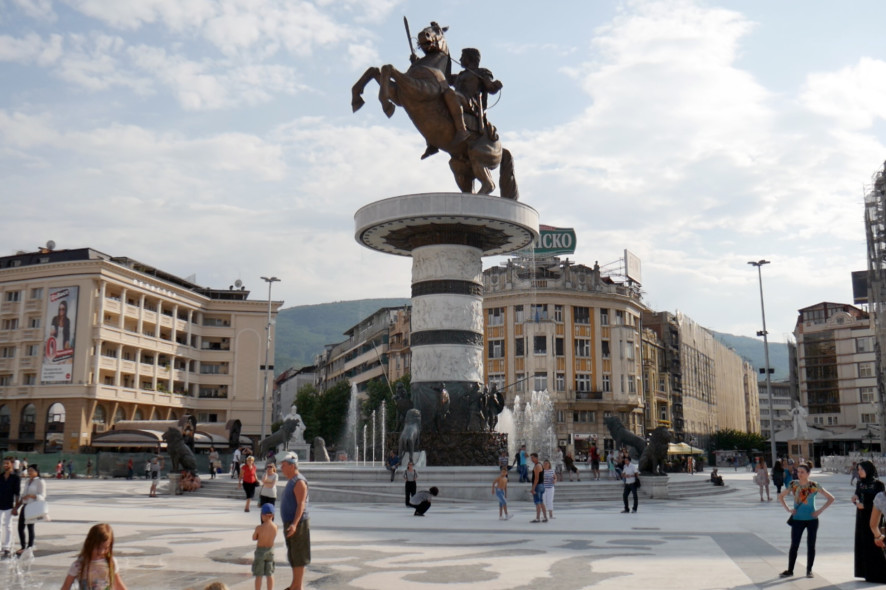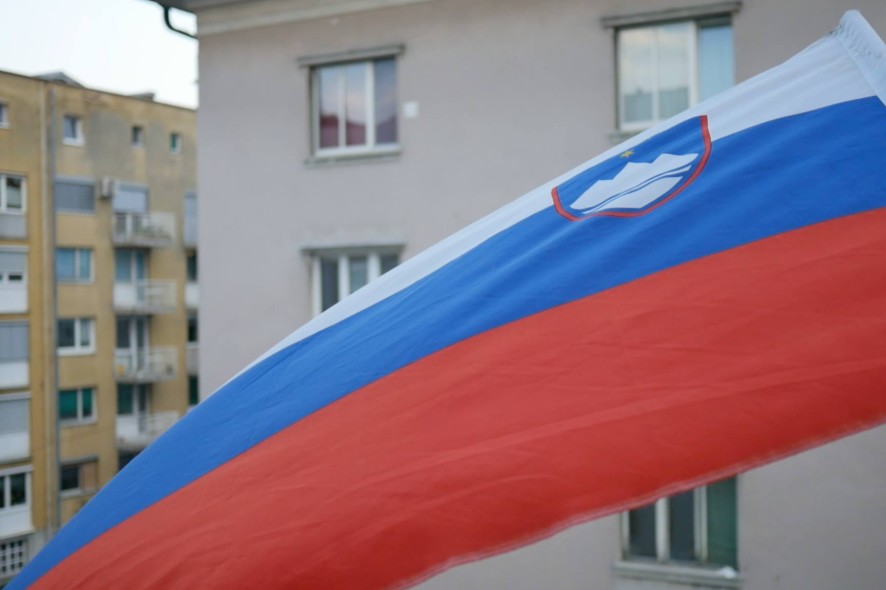The Olympic Games are over and somehow I cannot get rid of the feeling that I just watched the real life version of Suzanne Collin’s The Hunger Games. In short, the story takes place in the fictional universe of Panem that consists of one wealthy capitol ruling twelve deeply poor districts. Every year, the capitol organises an annual pageant called The Hunger Games. The participants of the games, called tributes, are one boy and one girl from each district, who are forced to fight each other to death in an arena until one participant is left – the nostalgic winner. In order to make the games as entertaining as possible, the capitol employs a game changer, who influences the games as he wishes. On the one hand, the purpose of the games is to entertain the capitol. On the other hand, and most importantly, the games are a reminder for the districts of the capitol’s authority and power.
Now, I discovered two frightful similarities between this fictional story and our real life version: first of all, this game’s arena was the host city Rio de Janeiro, also called cidade maravilhosa (the wonderful city). This arena changes from competition to competition, which is decided upon by the game changer: the International Olympic Committee (IOC). In this case, the game changer not only decides on the specific venues, but also who participates in the games and who does not, e.g. the Russian federation. It masks its questionable choices and the negative media coverage by raising awareness for global political concerns such as climate change and the refugee crisis. This leads to my second observation. The capitol is very much reminiscent of the global political community, which can let the districts compete against each other and burnish its image. Therefore, while the Olympic Games are meant to transcend political difficulties, the event as such very much accentuates these political problems. At the end of these Olympic Games, it became clear to me that this event is, and has always been, a mirror of the contemporary international relations and politics.
Let me just point out a few examples inspired from David Goldblatt’s remarkable book The Games: A Global History of the Olympics to underpin my statement: at the first modern Olympic games in Athens in 1896, all athletes were all male and all white, reflecting the conservatism of IOC founder Pierre de Coubertin. This conservatism in the IOC prevails until today. In 1936, during Hitler’s concerted Berlin Olympics, the torch carriers became blonder the closer they got to the stadium illustrating the links between success and nationalism. Other examples of nationalism-inspired Olympics followed soon with the Black Power Salute in Mexico City in 1968 and the massacre of Israeli athletes at Munich in 1972. Turning to today’s examples, in 2008, the Olympics in Beijing forced millions of people out of their homes for the sake of constructing the ‘arenas’. Last but not least, Russia has not been excluded from the 2016 Olympics despite the clear-cut evidence of systematic, state-sponsored doping among Moscow’s athletes.
All these examples are tolerated by the IOC and the international political community. Now, one can close one’s eyes on these socio-political complexities and watch the Olympics as an honourable competition between athletes. But let us not be surprised when news comes up that the IOC is involved in some sort of corruption scandal similar to its equally evil twin, the FIFA. Because the bid for the Olympic Games is nothing different than the bid for the FIFA World Cup. The candidate cities hand in their dossiers to the IOC. Thereafter, the committee chooses the eventual host city according to rather non-transparent criteria, guided by political and financial motives. Therefore, I believe that this selection procedure is the essential glue that holds the IOC and the international political community together.
The bottom line is that the power to select the Olympics’ host city is actually the only political leverage the IOC still has. In fact, without the power to choose the venue for the next Olympics, the IOC remains the governing body of world sports it is supposed to be. One concrete solution to erode this political leverage would be a permanent home for the Olympics. This is not a completely new idea. And it might only be a matter of time until this solution becomes reality with another financial crisis lingering ahead. The IOC has to face the fact that the days are gone when people were happily embracing the games as a unique opportunity for their countries. Western cities, such as Berlin, Hamburg, Boston, and Munich, particularly its citizens, refuse to host the games as they are doomed to end in an economic disaster. Soon, also the citizens in the BRICS countries (Brazil, Russia, India, China and South Africa) do not want to see their global competitiveness being reduced due to the games. The blocked torch relay in Rio is just one example to illustrate this development. Now it is up to the international political community to take up this topic and find sustainable solutions – or let time simply do its job… I would suggest the proactive way.
Rio 2016 is over and the cariocas (citizens of Rio) may return to their daily lives but the IOC should not. For the IOC, Rio 2016 maybe fulfilled its contract despite the athlete’s complaints about the food in the Olympic village, the horrendous water conditions and some minor public transportation issues – just to name some. Nevertheless, the IOC as the global sport’s governing body should make progress as an institution and with the games. It is time to act in the spirit of to the Olympic values and end the end the political Hunger Games.
Source:
Goldblatt, D., (2016). The Games: A Globl History of the Olympics. W.W. Norton
image from:

